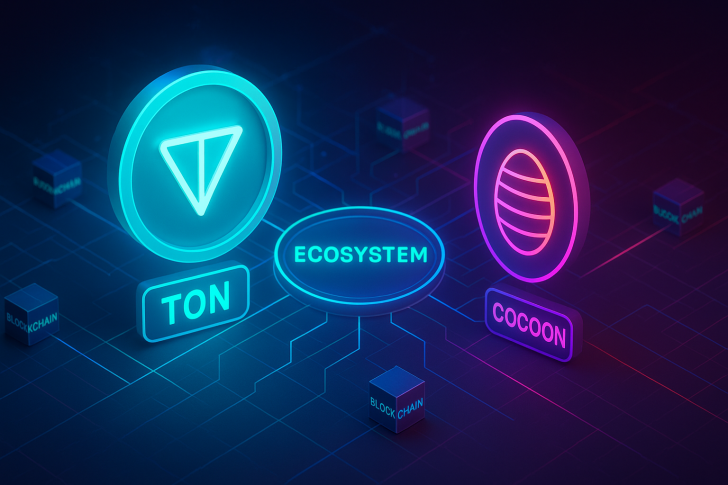● According to Web3_Vibes, Telegram founder Pavel Durov recently unveiled Cocoon, a secure AI computing network built on the TON blockchain. The platform lets GPU owners earn TON tokens by processing encrypted computational tasks for developers—combining decentralized infrastructure with monetized AI services. The announcement has sparked optimism that the Telegram ecosystem is gearing up for another growth wave, similar to the earlier Notcoin ($NOT) surge.
● This development sits at the crossroads of rapid blockchain innovation and emerging AI regulation. Governments are now figuring out how to tax decentralized AI workloads and tokenized computing income. Analysts warn that heavy-handed digital taxes or compliance rules could stifle innovation, potentially forcing smaller GPU operators out of business or driving talent to friendlier jurisdictions. For Cocoon to succeed, it'll need to balance privacy, compliance, and profitability in the decentralized space.
● If done right, the TON network's revival through Cocoon and Notcoin could significantly boost tax revenues and on-chain transaction volumes in compliant markets. Experts suggest that instead of creating new transaction or GPU taxes, policymakers should focus on profit-based taxation for high-earning validators and service providers—a fairer approach that generates revenue without killing innovation.
 Marina Lyubimova
Marina Lyubimova

 Marina Lyubimova
Marina Lyubimova


